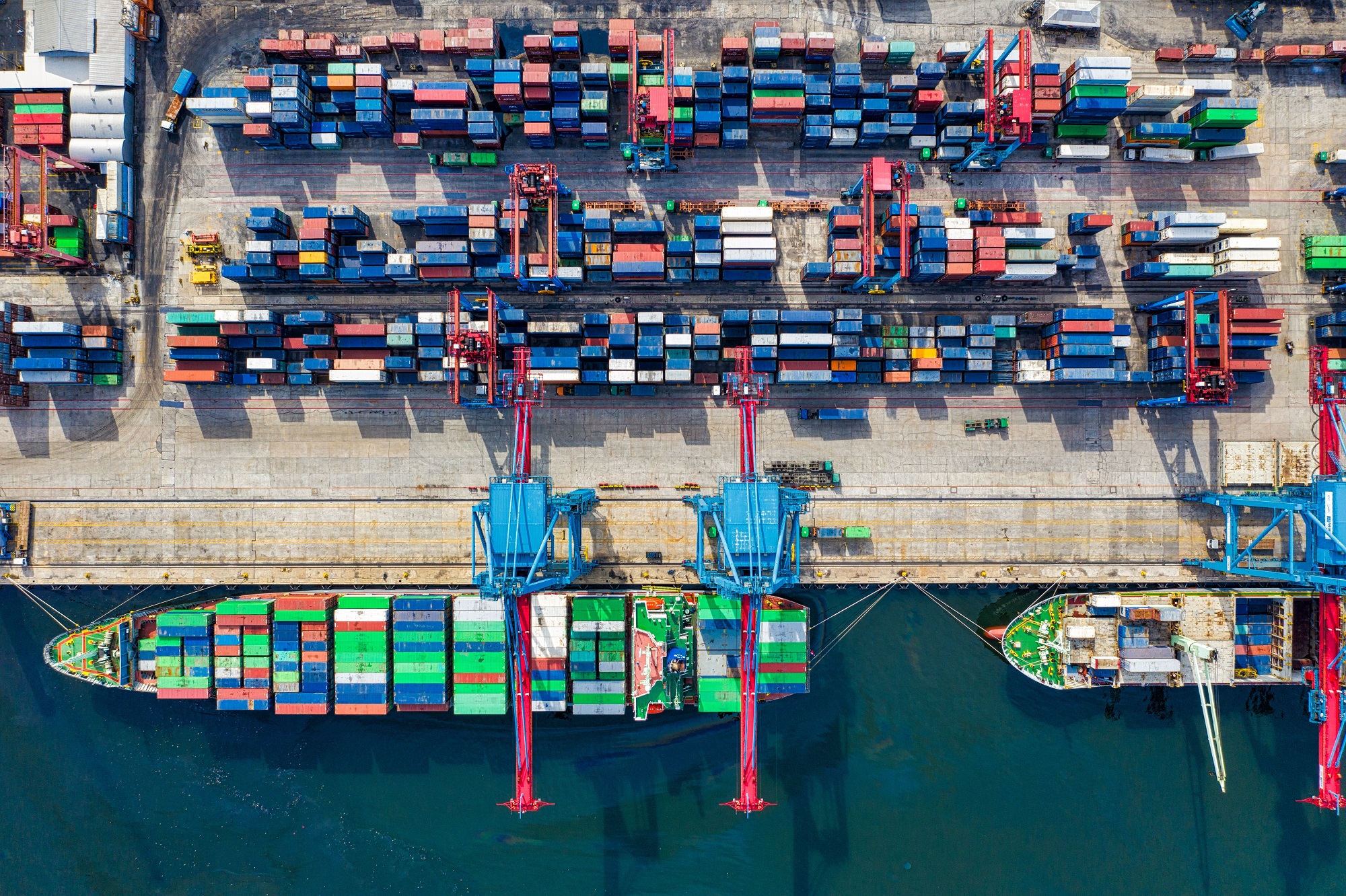One of the most talked about topics within the customs world lately is the customs agreements. The European Union (EU) has concluded free trade agreements with many countries, allowing goods to be imported at preferential rates of duty, or even duty-free. The prerequisite is that the goods must originate from the contracting state. This may be a single state or a specific group of states, such as the European Union. The respective free trade agreements determine when this condition is met. Quite often, the prerequisite is that an appropriate, percentage-based increase in value has occurred as a result of processing or manufacturing.
Although you might expect these free trade agreements to be worded in a manner which precludes any discussion on the matter, in practice questions regarding interpretation may arise. For example, the so-called ‘ex-works price’ plays an role in many trade agreements. This price usually includes the value of the materials used, and other costs related to the production of the goods (excluding any internal taxes that are or may be repaid upon export). A German court case illustrates the complexities of these matters. The question at hand in the case below was how the ex-works price was to be calculated if the company granted discounts on the purchase price payments.
Düsseldorf Fiscal Court decision: Correct Determination of Origin
The applicant repeatedly applied to Customs for so-called ‘EUR.1 movement certificates’ for exports of its goods from the EU to Egypt, in order to substantiate the EU origin of the goods. In the application, the applicant used the "normal" sales price.
However, volume discounts were agreed with the customer for the purchase of a minimum quantity. Although this discount was to be applied retroactively once the minimum quantity was purchased, it was in fact always granted, even if the stated minimum quantity was not yet met. For each export, the purchase price to be paid was effectively unconditionally reduced by the agreed ‘future’ discount.
Due to this discounted purchase price, the conditions for achieving EU origin were not met (lack of value added, or too large a proportion of non-EU originating input material). However, in the calculation used by the plaintiff using the non-discounted price, the conditions for achieving EU origin were fulfilled. It was disputed whether the discounts had to be taken into account when determining the ex-works price.
The Düsseldorf Fiscal Court ruled that the discounts included on the invoices being issued needed to be included in the calculation as well, since the discounted price was the actual purchase price to be paid.
To read more about this German country of origin case, we refer to the publication on the website of Baker Tilly Rechtsanwaltsgesellschaft mbH., the Baker Tilly International member firm in Germany.
What does this mean for your practice?
If you submit declarations of origin, discounts must be critically examined in order to come to a correct determination of origin. The origins stored in (the material master data of) your ERP system may not always be correct if your sales department grants discounts. When granting discounts, the recorded origin must be checked and, if necessary, corrected.
This may have the strange consequence that despite a reduced purchase price for the customer, the respective goods will actually become more expensive following the import. If the goods no longer have the EU origin, and therefore additional customs duties are due upon import, these duties may exceed the discount amount.
Consequently, the customs duties incurred can lead to the discount effectively evaporating and may even result in claims for damages by the customer if the envisaged EU origin is not achieved, and movement certificates are revoked by customs.
Our global Baker Tilly International network has experts located all over the world, which means we are perfectly positioned to assist you with any global trade matters, customs questions, or VAT issues your company may face. Please contact Stevie Mols or Marisa Hut from VAT & Customs Advisory for further information.
The legislation and regulations in this area may be subject to change. We recommend that you discuss the potential impact of this with your Baker Tilly consultant.
Other insights
-
EU Deforestation Regulation (EUDR): stringent rules for importers, operators and traders
-
Customs Talks: How the new EU Deforestation Regulation (EUDR) will impact business with the UK
-
Budget Day 2024: overview of the new tax plans & proposed legislation





